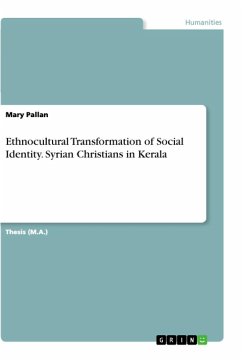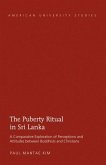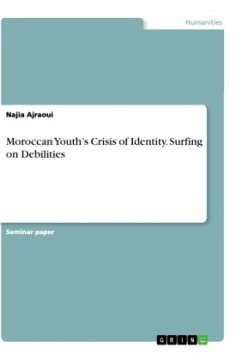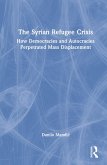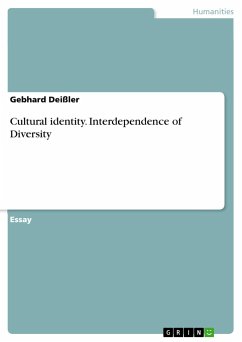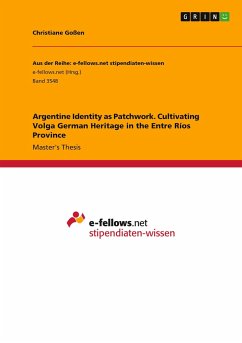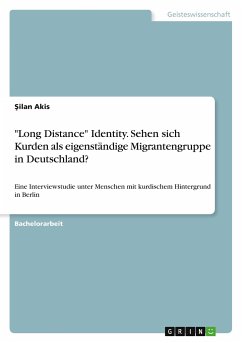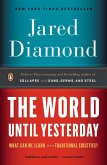Thesis (M.A.) from the year 2018 in the subject Cultural Studies - Middle Eastern Studies, grade: 2.1, Bournemouth University, language: English, abstract: This dissertation is a discursive analysis approach of the concept of transformation of social identity contribution into the study of caste, class and religion in South Asia. Understanding the class segregation, gender, upholding system of sovereignty in India.I argue that identity is transformational but even though the surface level artefacts (embodied clothing practices) vary in degree and deep ethics and beliefs will remain unaffected. Particularly focusing on the Syrian Christian community in Kerala. From examining the clothing practise of wearing a chatta in colonial India by the women in the Syrian Christian community, to how women of all race, religion and embraced churidar.This research aims to fill the gap in current scholarship, with respect to transformation of Syrian Christian social Identity and aims to fill it. This paper explores social identity with respect to Kerala's assumed exceptionalism, contending that such idea is a recent social construct and historically the state held rigorous caste based distinction. And with respect to the community's transformation, the paper analyses cultural changes within the Kerala society as well. Here by, considering that culture is not identified as static system, but dynamic and changes with the people in the system
Hinweis: Dieser Artikel kann nur an eine deutsche Lieferadresse ausgeliefert werden.
Hinweis: Dieser Artikel kann nur an eine deutsche Lieferadresse ausgeliefert werden.

